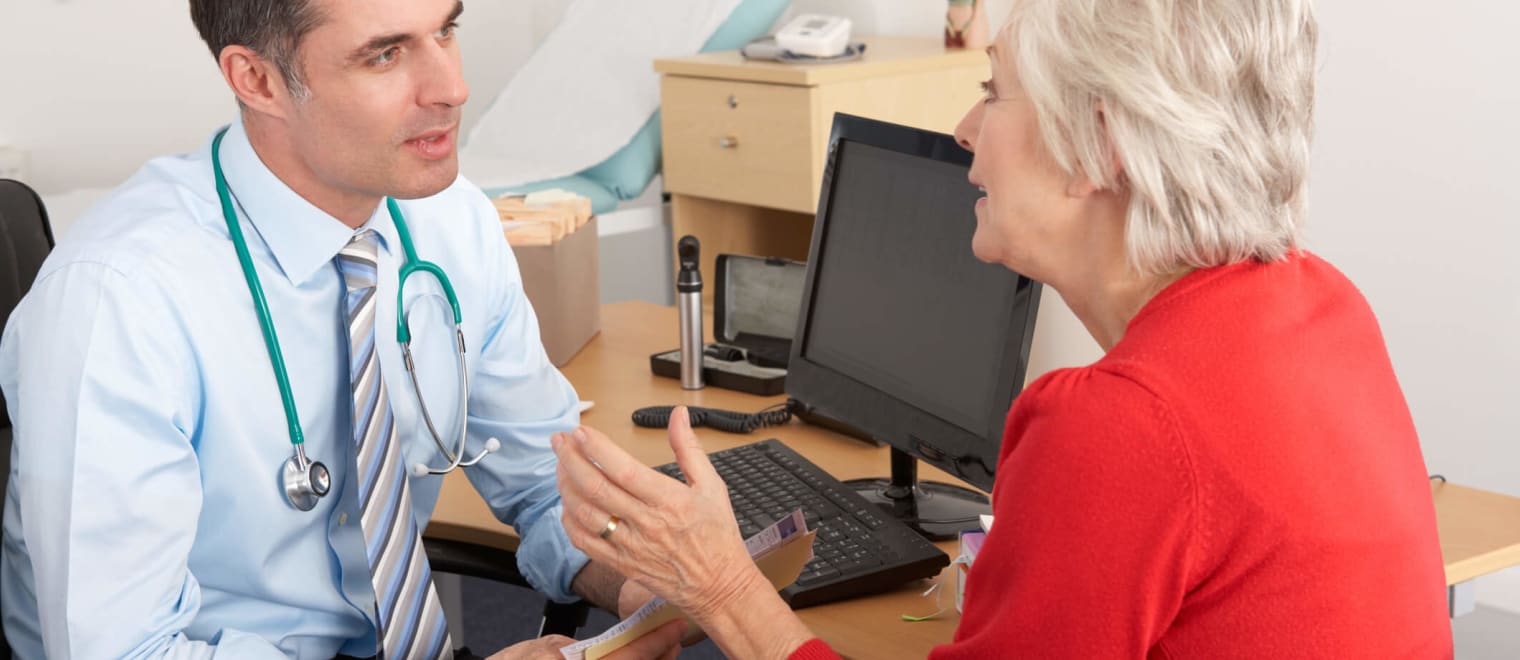General Practitioners (GPs) are a cornerstone of local healthcare. Established professionals need to continually update and improve their skills to provide the best service to patients and ensure they are carrying out their role effectively. This article will explain why CPD training is important, including how it can benefit General Practitioners, and identify the CPD requirements for a GP.
Why is Continuing Professional Development (CPD) important for GPs?
CPD stands for Continuing Professional Development and is the term used to describe the learning activities individuals engage in to develop and enhance their abilities throughout their career. At its core, CPD is about the individual and their commitment to lifelong learning.
One of the primary areas of focus for GPs and all professionals working in the healthcare industry is staying updated with regulatory changes and the latest developments. Health practitioners must ensure they are informed about recent changes in laws, regulations, or industry standards, and active CPD is often a crucial means of achieving this. Furthermore, CPD is a valuable approach for developing skills and improving overall professional performance.
Most professional bodies in the healthcare sector set CPD targets for their members, typically requiring a certain amount of CPD to be completed annually. Some bodies focus on completed CPD hours as part of the process for members to revalidate their professional licenses, which may be measured over a 3-5 year cycle.
What are the annual CPD requirements for General Practitioners (GPs)?
The annual CPD requirements for General Practitioners (GPs) can vary depending on the country and the specific medical board or regulatory authority overseeing medical practice. However, there are some common standards and guidelines that many GPs are expected to adhere to. In the UK, the General Medical Council (GMC) sets the standards for General Practitioner CPD with the following guidelines:
- GPs are required to engage in CPD activities to maintain their license to practice.
- GPs are expected to complete a minimum of 50 CPD credits per year. One CPD credit typically equates to one hour of educational activity.
- The CPD activities should cover a broad range of topics relevant to general practice, including clinical skills, professional development, and management skills.
- A minimum of 25 of the annual 50 CPD credits must be learning takes place with others outside of the workplace.
- GPs must also undergo a revalidation process every five years which includes providing evidence that CPD has been completed. A minimum of 250 hours of CPD is required over a 5-year period, although it is generally an expectation that doctors will exceed this minimum CPD over a 5-year period.
- GPs are expected to keep a record and log of their ongoing CPD learning activities. myCPD Portal is a free online record tool which can be a useful resource to track and manage training records and store evidence of participation such as certificates in one simple place.
CPD activities should be relevant to the GPs practice and professional development needs. A mix of learning methods is encouraged, including attending conferences, participating in workshops, engaging in online learning, and conducting self-directed research.
Regular appraisal or revalidation processes are typically in place to ensure ongoing CPD requirements are being achieved. GPs should always check with their local regulatory body or professional association for the most accurate and up-to-date CPD requirements specific to their region and practice.
What key skills can GP professionals acquire through CPD?
CPD helps GPs develop their skills and knowledge in a variety of ways. The following identifies some of the key skills development that GPs can focus on to maintain the highest standards of practice and to meet their legal requirements:
Technology skills
With rapid advancements in medical technology, CPD helps GPs adapt to new tools and platforms. Mastery of diagnostic equipment, electronic health records, telemedicine platforms, and other innovations enhances efficiency and improves patient outcomes. As methodologies evolve, practitioners need to learn techniques relevant to their field. Beyond specialisation-specific technologies, overall digital literacy is increasingly important. GPs need proficiency in cybersecurity best practices and data management to ensure efficient operations and protect sensitive information.
Learn industry trends
Staying abreast of industry trends and the latest innovations and developments within the healthcare industry is also important for GPs. Practitioners can achieve this through informal CPD such as reading relevant industry journals, but also through attending CPD conferences and events. These offer valuable opportunities to network with peers. Engaging with the broader professional community helps GPs stay informed and integrate new ideas and practices into their work.
Enhance transferable skills
Active CPD allows GPs to develop their key transferable skills such as communication, leadership, empathy and teamwork. Enhancing these skills can significantly impact a practitioner's effectiveness by improving their ability to work collaboratively, lead effectively - and are especially important skills with their being a requirement to deal with patients in a client-facing role.
Ethics learning
Professional ethics is a foundational aspect for any GP, with the need to understand and apply ethical principles in professional practice. Attending CPD ethics training sessions and participating in discussions on case studies help practitioners navigate complex ethical dilemmas and maintain high standards of integrity.
Develop research skills
Research and evidence-based practice are critical for staying current with the latest advancements in the field of healthcare. By attending CPD courses on research methodology and critical appraisal of literature, GPs can learn to apply recent research findings to practice. This ensures that General Practitioners' work is grounded in the most current and reliable evidence.














